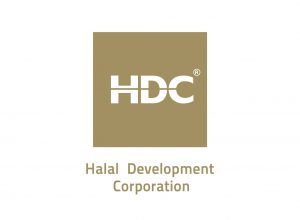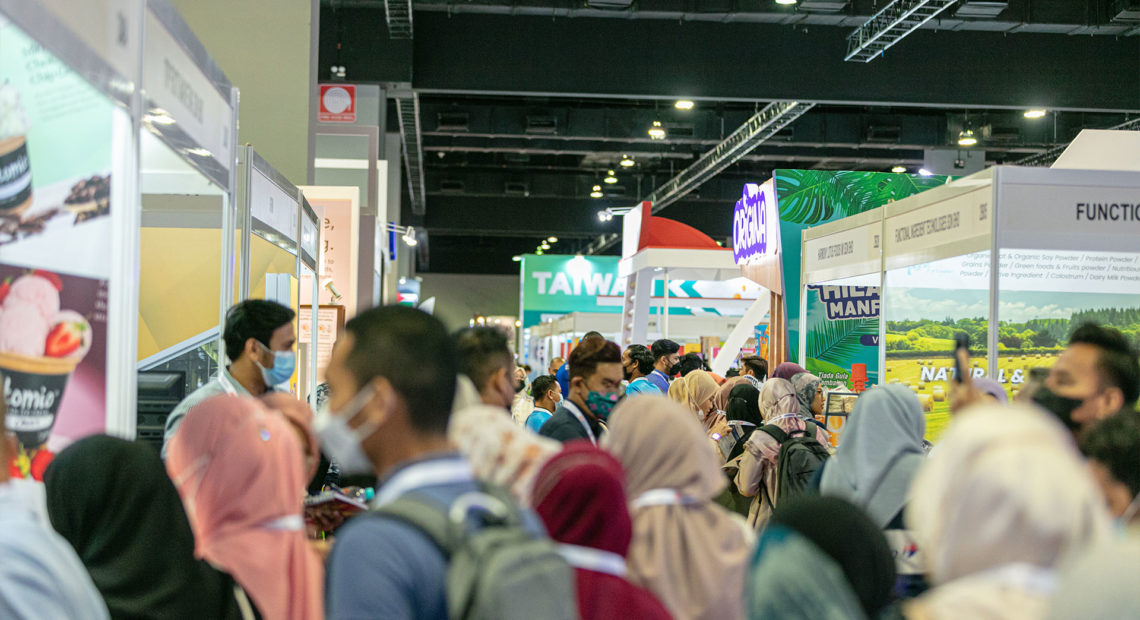The Brazilian Trade and
Investment Promotion Agency (Apex-Brasil) has announced that it will
organise “Flavours from Brasil” at the Intercontinental Hotel –
Festival City, Dubai from February 16 to 17, 2009, in an effort to
strengthen the reputation of Brazilian food brands in the Middle East’s
food and beverage market. IFP Emirates is collaborating with
Apex-Brasil, which will select around 40 top companies with strong
export experience to present their products to potential Arab consumers
during a business roundtable that will serve as one of the highlights
of the event.
Saudi Arabia, Kuwait, Bahrain, Qatar, Oman, United Arab Emirates,
Yemen, Egypt, Jordan, Lebanon, Syria and Iran have imported USD 29.8
billion worth of food and beverage products in 2007. Brazil, on the
other hand, has been one of the biggest exporting partners of the Arab
countries. It has been responsible for 16% of that trade. Also in 2007,
Brazil registered an 81 per cent share in the poultry market of the GCC
countries (Saudi Arabia, Kuwait, Bahrain, Qatar, Oman, United Arab
Emirates) plus Yemen, and had an average annual growth of 26 per cent
between 2002 and 2007. In milk and dairy products, the average annual
growth of Brazilian exports to these Arab countries was 107 per cent
during the same period, while juice exports increased 114 per cent.
Juarez Leal, Project Manager, Flavours from Brasil said: “Statistics
show that Brazilian products have a high reputation among Arab markets.
All exports from Brazil are certified by Cibal Halal, the Brazilian
Islamic Centre for Halal Food Stuff Association, ensuring that all
products have been processed according to Islamic standards. The
Flavours from Brazil in Dubai will surely be an important step towards
further consolidating the reputation of Brazilian products among Arab
consumers. This initiative will also enable exporters to open new
business opportunities and identify new export destinations in the
Middle East. In addition, we consider Dubai to be an ideal venue for
this event as the emirate is strategically located and is arguably the
most prestigious destination in the region.”
Bassel Amaneddine, General Manager, IFP Emirates said: “Brazilian
products are achieving remarkable success in Arab markets. However,
competition remains strong, thus the need to reinforce the Brazilian
brand to ensure long-term market patronage”.
The Flavours from Brasil serves this purpose as it is a
consumer-focused event designed to cultivate widespread interest and
public awareness about the unique selling points of Brazilian products
in terms of quality, cost and adherence to Islamic standards. The
organizers have gathered a large number of the best food exporters from
Brazil to ensure a truly comprehensive coverage of various market
segments.
Flavours from Brazil will also serve as a launch pad for around 50
importers and distributors from Brazil to set up, for a year, Brazilian
shelves in the main supermarkets in the Middle East. Under the system,
businessmen who guarantee USD 1 million in purchases of Brazilian
products may get up to USD 100,000 in promotion, including products and
sampling counters, among other promotional activities.
The organisers have identified Dubai as the perfect location for
Flavours from Brasil as they are currently focusing on countries in the
GCC, which present the biggest potential for Brazilian exporters. High
income, strong oil exports, population growth and low food import
tariffs have been identified as the main drivers that have made the GCC
an attractive destination for Brazilian food products.
Brazil has been recognized as one of the largest suppliers of food
products in the world because of its abundance of water and fertile
land, a favourable climate, the diversity of agricultural products, a
high degree of technological development and elevated levels of
agricultural productivity. Brazilian exports of agricultural products
increased from USD 20.6 billion to USD 58.4 billion per year between
2000 and 2007, a growth of 183.4 per cent, according to figures from
the Ministry of Agriculture, Livestock Farming and Supply.



